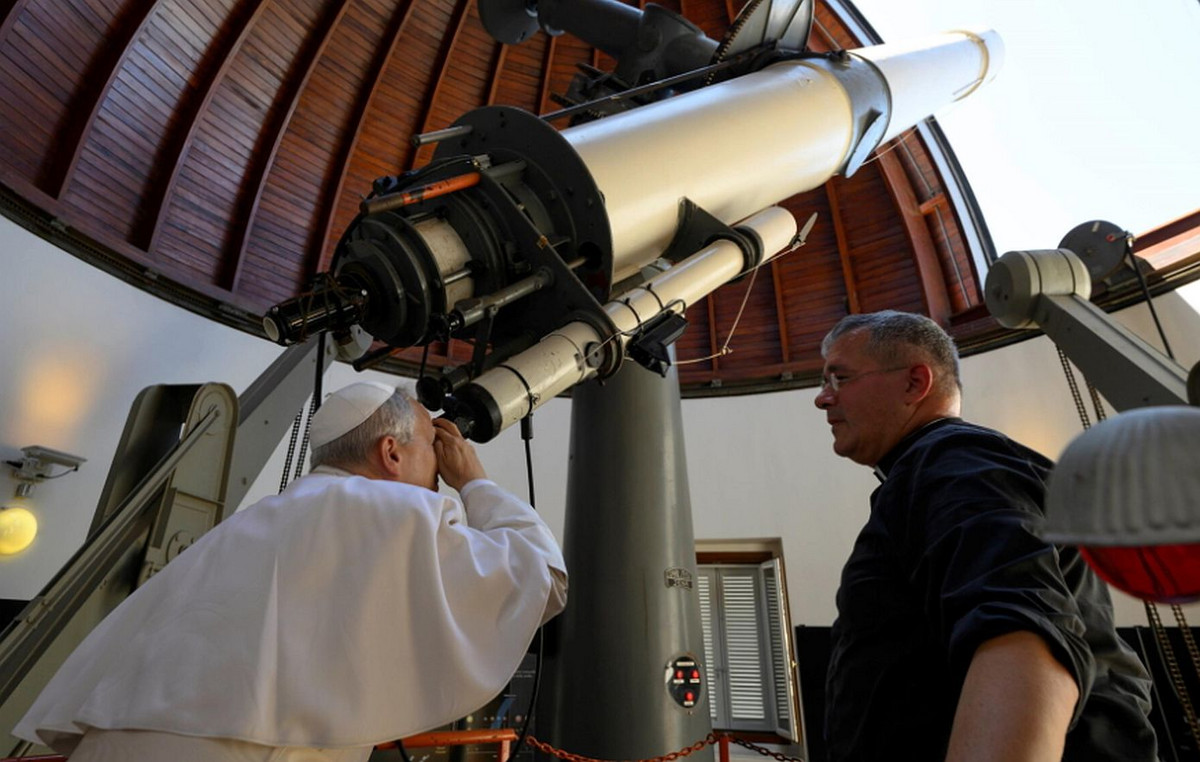The invasion of Ukraine by Russia translates into a new cost shock for inflation in Brazil, pointed out the Getulio Vargas Foundation (FGV) in the release of the Foreign Trade Indicator (Icomex).
“For Brazil, the main effect in mapping the direct effects of the war refers to the supply of fertilizers and the increase in the price of agricultural commodities and oil”, states the FGV note.
According to Icomex, Russia accounted for 23.3% of Brazilian imports of products classified as fertilizers in 2021, followed by China (13.7%), Morocco (10.5%), Canada (9.8%) and the United States. States (5.7%).
The impact of reduced Russian sales on Brazilian agricultural production will depend on fertilizer inventories in Brazil, the planting schedule for crops, potential for diversifying the import agenda and the duration of the war, the FGV said.
The Icomex bulletin recalls that commodity prices have already increased since 2021, one of the pressure factors on inflation in the country last year.
“In addition to rising wheat prices, the issue of rising oil prices is a priority on the Brazilian economic policy agenda,” the document emphasizes.
“For Brazil, a country with commercial interests with China and the West, the challenge remains to build a strategy that meets the interests of the domestic sectors that operate in the world economy”, he evaluated.
The trade balance accumulated a surplus of US$ 3.9 billion in the first two months of 2022. The exported value grew 36.1% in the first two months compared to the same period of the previous year, and the imported value increased 30.3%.
Export volume rose 16.9%, while imported volume dropped 2.8%. Export prices rose 15.9%, and import prices jumped 33.9%.
China maintained its leadership in the ranking of biggest buyers of Brazilian products, with a 24% share in the country’s agenda. In volume, Brazilian exports to China grew 4.1% in the first two months of 2022 compared to the first two months of 2021, driven by soybeans.
Imports of Chinese products increased by 8.3% in the period.
The United States increased by 17.3% the volume of purchases of Brazilian products in the first two months. The volume imported from the United States by Brazil grew 1.8%.
In exchanges with Brazil’s other main trading partners, there was an increase in the volume exported, but a reduction in imports: European Union (exported volume grew 22.9% in the first two months, while imports dropped 2.5%); Argentina (export volume rose 12.0%, imports dropped 19.3%); other South American countries (20.5% increase in exports, 19.3% decrease in imports); Asia, except China and the Middle East (23.6% increase in exports, 13.0% decrease in imports).
In the first two months, trade with China had a surplus of US$ 590 million, while with the United States there was a deficit of US$ 2.8 billion.
“The results for the first two months of the year show that the war reinforces the trend, already in force, of rising commodity prices and leaves, for the time being, uncertainties regarding the effects on the fall in world trade and supply of supplies, in fertilizers, for one of the leaders of Brazilian exports, the agricultural sector”, concluded the FGV.
Source: CNN Brasil
I am Sophia william, author of World Stock Market. I have a degree in journalism from the University of Missouri and I have worked as a reporter for several news websites. I have a passion for writing and informing people about the latest news and events happening in the world. I strive to be accurate and unbiased in my reporting, and I hope to provide readers with valuable information that they can use to make informed decisions.







